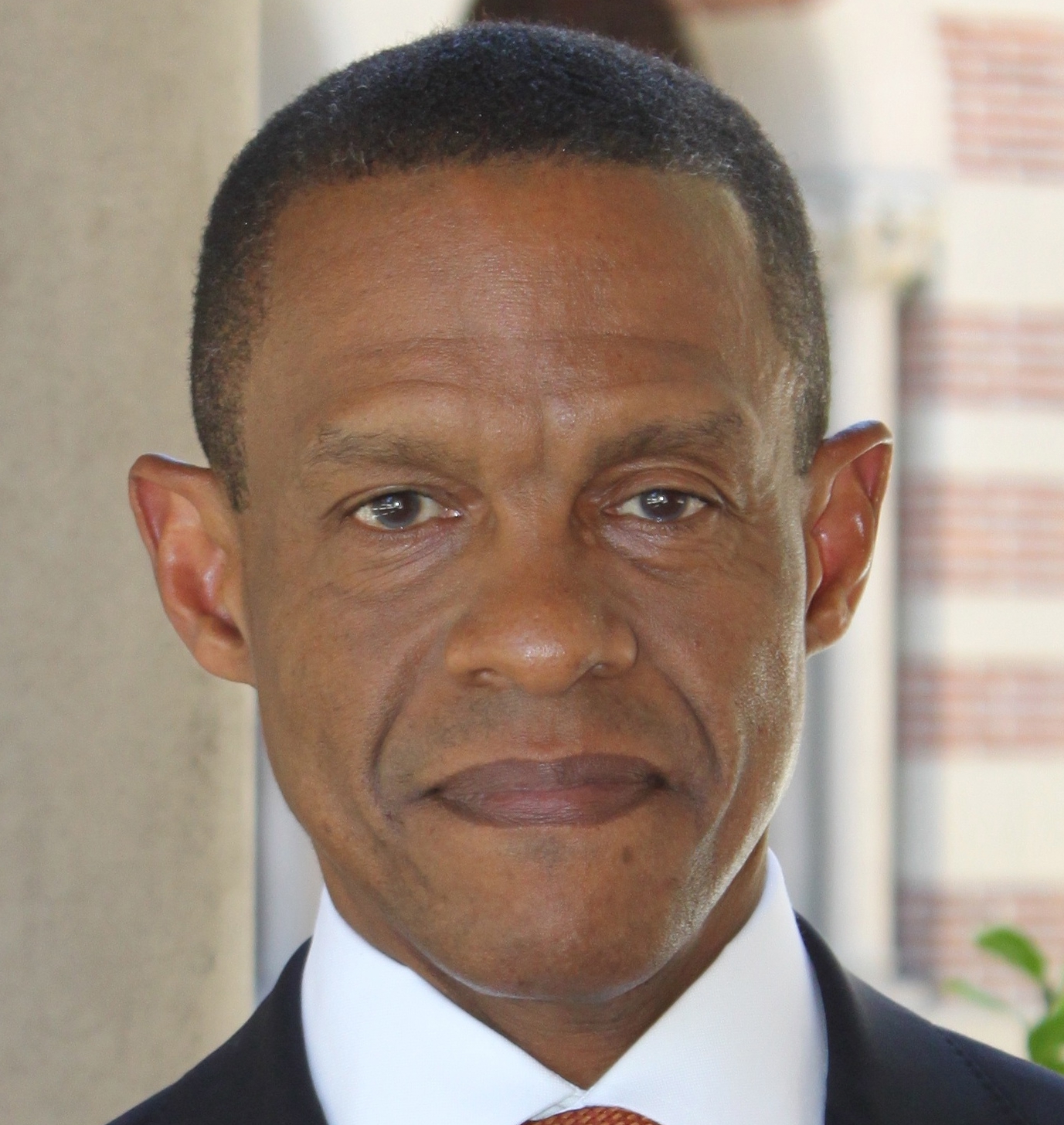How to Transcend Post-9/11 Homeland Insecurity
How to Transcend Post-9/11 Homeland Insecurity – Forbes I work in public policy, and civil liberties matter to me; I wondered with my Cato colleague Adam Theierer about 9/11′s havoc on citizen’s anonymity and privacy. Ten years later, I remain fascinated and worried by the exile of private enterprise from security policy. But given the disdain […]





